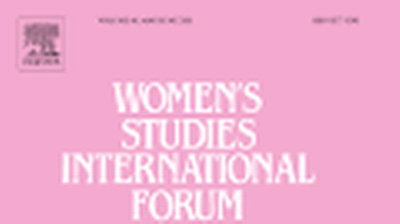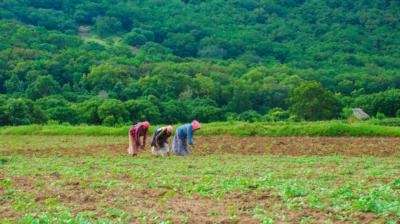Photo: Simone Berettoni
Journal Article
| 2014
Impact of Improved Maize Adoption on Welfare of Farm Households in Malawi: A Panel Data Analysis
This paper assesses rural households’ decision to use improved maize varieties in Malawi and examines its impact on household welfare using a three-year household panel data. The distributional effect of maize technology adoption is investigated by looking at impacts across wealth and gender groups. We applied control function approach and IV regression to control for possible endogeneity of input subsidy and area under improved maize. We found that area under improved maize varieties is positively correlated with own maize consumption, income and asset holdings. We found evidence that improved maize adoption has a stronger impact on welfare of poorer households.






